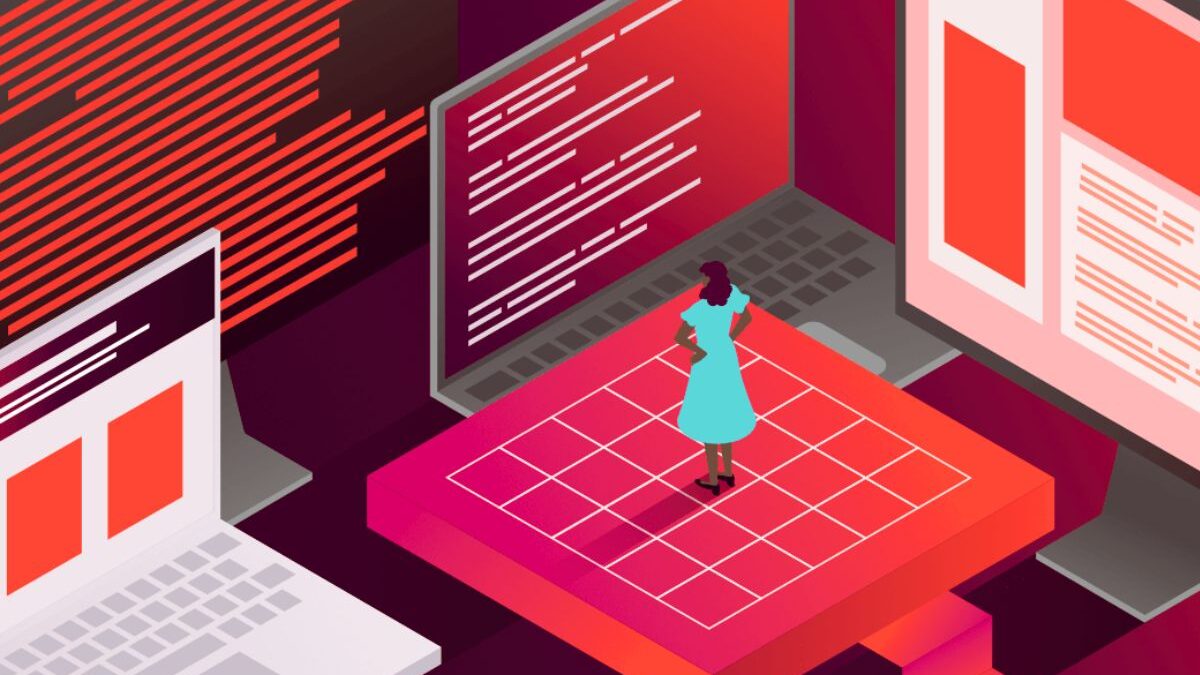Have you ever wondered why full stack developer are so sought after? It’s because they can do many tasks at once, like a Swiss Army knife in the tech world. A full stack developer course doesn’t just teach you how to code; it helps you become someone who can build, manage, and complete web applications from start to finish. And that’s exactly what employers want today.
This article will walk you through the key skills you will gain from such a course and explain why they make you highly valuable to any company. If you’re thinking about starting down this path, this is the perfect guide to show you what you’ll get.
Table of Contents
Why Employers Love Full Stack Developers
Building a website or app is like building a house. You need someone who can lay the foundation (backend) and someone who designs the interiors (frontend). A full stack developer can do both, which saves businesses time and money.
Employers love full stack developers because:
- They can take on multiple roles.
- They reduce the need for large teams.
- They connect designers, product managers, and engineers smoothly.
- They can adapt quickly to different projects.
When you take a full stack course, you begin to learn these wide-ranging skills that employers spot immediately. Let’s break them down.
Mastering Frontend Development
The frontend is the part of a website or app users see and interact with.
You will learn:
- HTML & CSS: These are the building blocks, like bricks and paint for your digital house.
- JavaScript: This language makes your site interactive. Buttons, pop-ups, and sliders all use it.
- Modern Frameworks: Tools such as React, Angular, or Vue that simplify building complex user interfaces.
Employers want developers who can create clean and user-friendly designs because a great user experience is the key to success.
Building Strong Backend Skills
If frontend is the face, backend is the brain. This includes managing data, authentication, and server-side logic.
Skills include:
- Working with databases such as MySQL, MongoDB, or PostgreSQL.
- Using server languages like Node.js, Python, Java, or PHP.
- Creating and managing APIs (Application Programming Interfaces) that allow different systems to communicate.
A good backend developer ensures that when you click “Buy Now,” your order is securely processed. This reliability is highly valued by employers.
Understanding Full Systems and Architecture
One major advantage of a full stack course is gaining a full view of how an app works.
You will learn to:
- Understand how the client and server communicate.
- Know how data flows through the application.
- Troubleshoot problems from start to finish.
This comprehensive knowledge turns you into a problem solver. Employers look for professionals who can connect all the dots.
Learning Version Control and Collaboration
Have you ever worked on a group project with everyone changing the same files? It can get chaotic.
In full stack training, you’ll learn:
- Using version control systems like Git and GitHub to manage code changes.
- Collaborating smoothly with team members.
- Avoiding conflicts when merging files.
Employers depend on these skills to keep teamwork productive and organized.
Handling Deployment and Hosting
Employers want developers who don’t just build projects but also know how to launch them.
You’ll learn to:
- Deploy applications on cloud services like AWS, Azure, or Heroku.
- Set up Continuous Integration/Continuous Deployment (CI/CD) pipelines.
- Monitor and improve applications after launch.
Knowing deployment makes you stand out since many developers only focus on coding.
Mastering Problem-Solving and Debugging
Writing code is one thing; solving issues is another.
You will learn:
- How to logically fix bugs.
- Ways to improve your code’s performance.
- How to read error messages and debug effectively.
Employers favor team members who stay calm and fix problems quickly.
Understanding Business Needs
Coding isn’t just about technology—it’s about solving real business problems.
In your course, you will:
- Analyze what users really need.
- Build apps that solve everyday issues.
- Work in teams and communicate effectively.
Being able to link technology with business makes you a favorite hire because you’re helping the company grow.
Bonus Skill: Quick Learning and Adaptability
Technology changes fast—what’s popular today might be outdated tomorrow.
A full stack program prepares you to:
- Switch between languages, tools, and frameworks easily.
- Keep learning new skills throughout your career.
This adaptability makes you future-ready. Employers always look for this quality.
Why Choose Specialized Courses?
Some courses focus on specific technologies. For instance, a Full stack java developer course strengthens your Java backend skills, combined with modern frontend techniques. Employers who build Java-based projects find this expertise especially valuable.
Soft Skills You Develop
It isn’t just about coding.
These programs also improve:
- Communication skills for working with non-technical teams.
- Teamwork by working on group projects.
- Time management as you handle multiple tasks.
These soft skills often make the difference between an average hire and a star employee.
Final Thoughts
A full stack developer course trains you to be a versatile, adaptable professional capable of handling full projects. You don’t just learn to write code—you become someone who understands technology from all angles and can solve a range of problems. Employers love full stack developers for their flexibility and problem-solving ability.
If you want a career where you can wear many hats and have a strong impact, this course is your gateway.
Are you ready to become the all-rounder every tech team wants?

